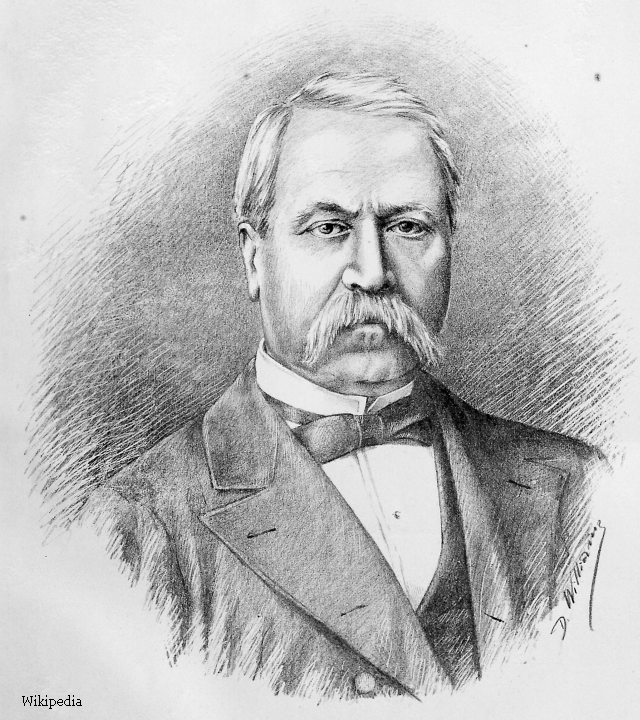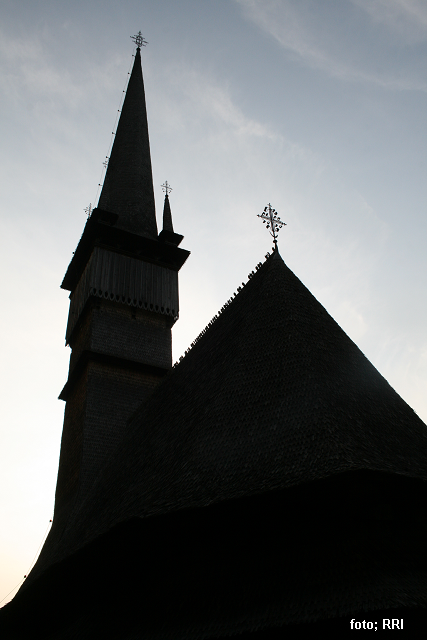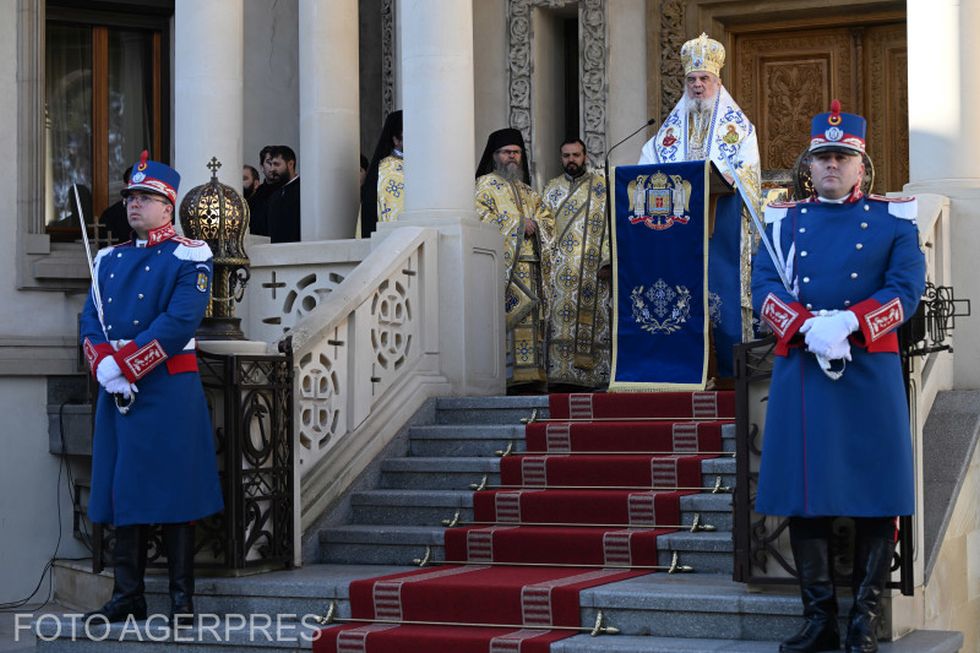The personality of a great Romanian politician, Lascar Catargiu
The descendant of a rich noble family from Moldavia, Lascar Catargiu was one of the most important figures of the 19th century.

Steliu Lambru, 31.08.2015, 14:00
Lascar Catargiu was born in 1823, at a time when his country had embarked on a process of modernisation and consolidation of its national identity. He held various local administration positions in Moldavia until 1859.
Even though he was a Conservative, he was in favour of the union of Moldavia and Wallachia, and voted for the election of Alexandru Ioan Cuza as ruler of the two countries together. He was among the most determined Romanian politicians. In coalition with the Liberals, he was also in favour of removing Cuza from power when his rule threatened the existence of the Romanian state. He was a member of the regency in 1866 which took over when Cuza was deposed, and he was also a staunch supporter of constitutional monarchy and of the foreign dynasty. He was a conciliatory spirit, and was a Conservative leader who provided balance in his party. Lascar Catargiu was one of the providential figures in 19th century Romania. According to historian Sorin Cristescu, in 1871 he saved Romania from destabilisation.
Sorin Cristescu: “His role was totally special, he saved the rule of Carol I at a certain point. A dramatic moment was in March 1871, when he faced a very difficult situation. We can never know if Carol was determined to abdicate, but he intervened in force, while the Liberals staged a rally meant to compromise the German presence in Bucharest and the countrys ruler. He came to the ruler as a lieutenant regent, and told him that he would offer a strong government, which the country needed if he was to be appointed prime minister.
What made Catargiu the leader of the Conservatives, a party full of strong personalities?
Sorin Cristescu: “When Carol came to Romania, Catargiu was a respected figure, and then he became the first chairman of the Council of Ministers appointed by Carol on May 11, 1866. He served until 13 July 1866. How did he become the leader of the Conservatives? Lets look at how the Conservatives were, and we will see a party of strong personalities. They were highly educated people, and the best known among them were Petre P. Carp and Titu Maiorescu. We can see Lascar Catargiu as a man without pretences, either as a good speaker or as an intellectual. He was a modest man, but people felt at ease around him. If you heard a conversation between him and Petre P. Carp you could feel at a loss. Carp was always talking down to his fellow party members. This made Lascar Catargiu much liked by everyone. He was a modest man, which made everyone want him as a party boss and he never offended anyone.
The government headed by Lascar Catargiu between 1871 and 1875 was the one that led Romania to independence.
Sorin Cristescu: “That government was the first since the union of the Principalities to rule its entire four year term. That was unheard of. He was very efficient, he regulated the difficult financial situation. He was so effective that he easily won the elections. He exercised his independence by defying the Ottoman sultans order issued to Carol I that barred Romania from signing trade agreements with other states. He signed the trade agreement with Austria in 1875, showing that Romania was practically independent. He would have led for four more years, were it not for the August 1875 Christian revolt in Bosnia Herzegovina. In a few months, everyone understood that a war was looming between the Ottomans and the Russians, and that Romania would have to get involved. Regardless of the outcome of the war, 3 counties in the south of Bessarabia, Cahul, Ismail and Bolgrad, would have to be ceded. No one wanted to have his name associated with territorial concessions. The Conservatives surely did not want to, so they stepped down.
“That, Your Majesty, Cannot Be is one of the best-known lines of the time. It belonged to Lascar Catargiu, and it shows determination, courage and unbending will when he was pushed to the edge, even by the Queen.
Sorin Cristescu: “At the time he spoke these words, Catargiu was interior minister in the government led by another Conservative, General Ioan Emanoil Florescu. He was opposed to a plan by the Queen to have Crown Prince Ferdinand married to her lady in attendance Elena Vacarescu. He expressed best the position of an elite group that coalesced all of a sudden around a proposal. Ferdinands marriage to Elena Vacarescu did not split the Romanian nobility in two, not even, as Elena Vacarescu put it woefully, the closest relatives of their families. The way Lascar Catargiu put it was liked by everyone best.
In 1899, at the age of 76, Lascar Catargiu died of a heart attack, the very day that King Carol I appointed him Prime Minister for the fourth time. In his obituary written by historian and philosopher Titu Maiorescu, the latter said: “He was honest and tireless in the minutiae of administration. These qualities and his courage were at the core of the authority he enjoyed within the Conservative Party.






























